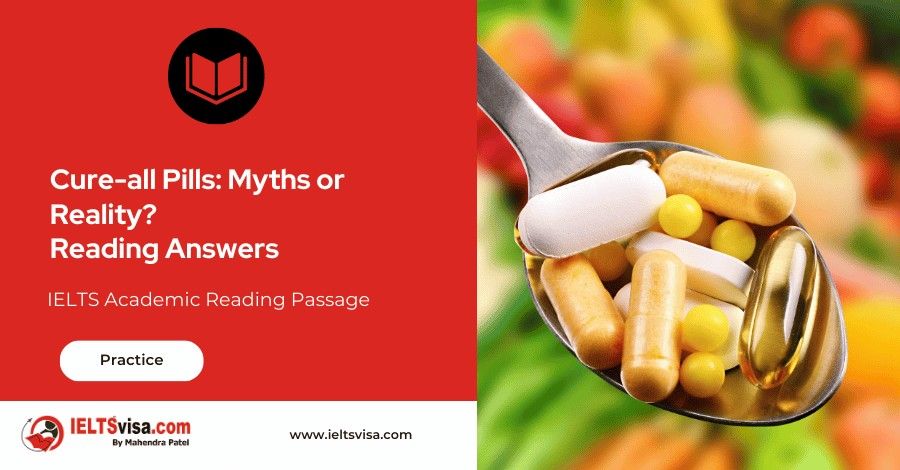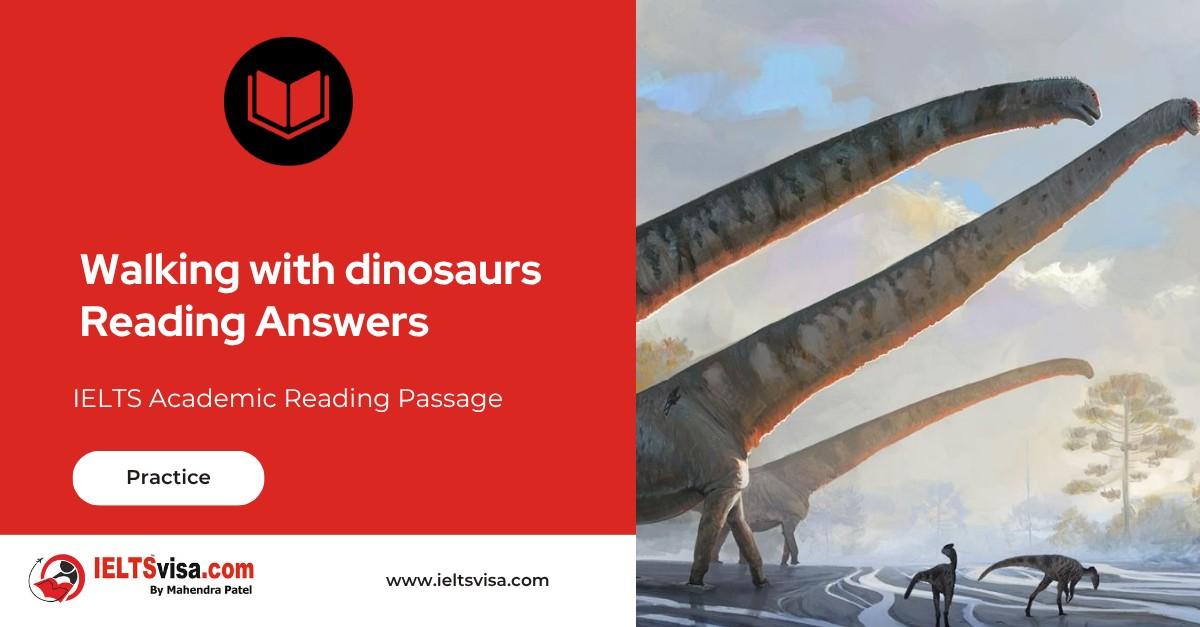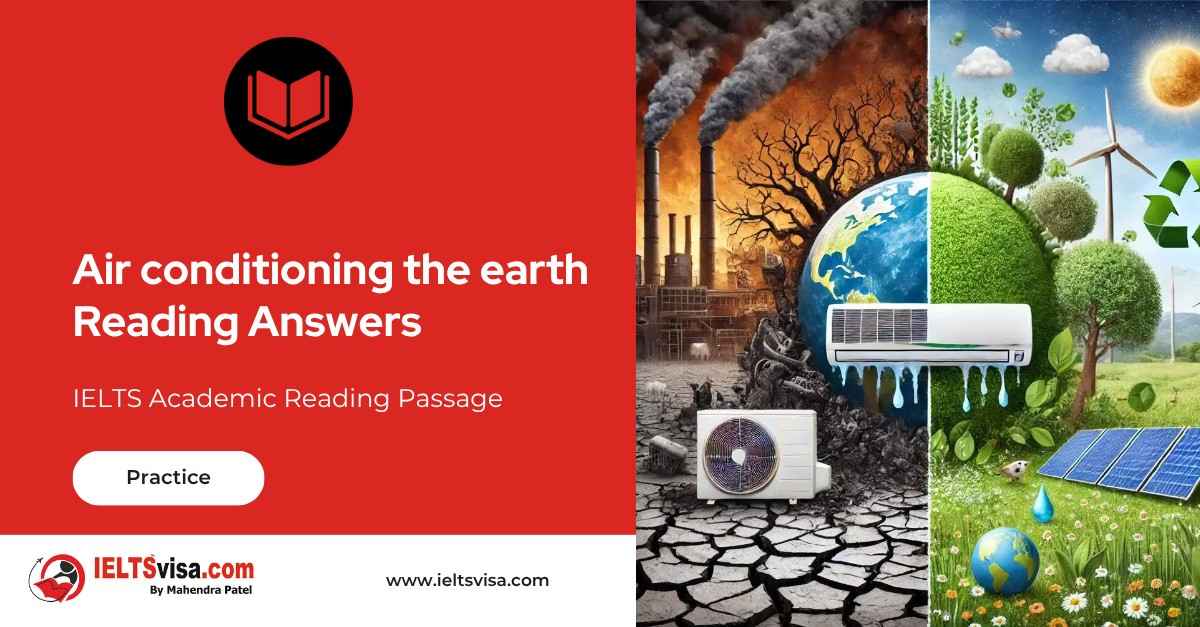Cure-all Pills: Myths or Reality? Reading Answers
IELTS Academic Reading Passage
Browse the shelves of any health food shop or pharmacy and you’ll find dozens of dietary supplements—vitamins, antioxidants, minerals— along with a seemingly endless range of homeopathic remedies. There is always something new, some ‘miracle ingredient’ offering the promise of a longer, healthier, happier life. There are extracts of every kind of fruit and vegetable you can imagine—tomato, celery, carrot, papaya and cranberry—along with green tea potion, red wine extract and vitamins A-K in every colour and form. And all of these supplements claim to assist us in the constant battle against ageing, cancer, cardio-vascular disease, and a cornucopia of other afflictions. However, recent research may show it is all too good to be true.
So how real are these claims? Vitamin tablets have been around forever, but antioxidants are the latest miracle cure; the question is, do they work? If the hype is true, then what antioxidants do is work to neutralise the free radicals in our bodies and later excrete them. Free radicals are atoms or molecules that have at least one unpaired electron and are therefore unstable and highly reactive. In animal tissue they are believed to accelerate the progression of cardio-vascular and age-related diseases, such as dementia and cancer. Antioxidants in fresh fruit and vegetables have been shown to combine with free radicals and neutralise them, preventing the oxidation which may lead to disease
An apple a day keeps the doctor away’—if eaten alongside four other portions of fresh fruit and vegetables! It is clear that those who eat more fruit and vegetables—and the recommended daily intake is at least five portions—are less prone to disease and live longer, healthier lives. Over the last 20-30 years, scientists have worked to isolate the active ingredients in fruit and vegetables— believed to be the antioxidants—and have conducted controlled tests of antioxidants, which revealed that they do indeed appear to have the ability to halt some of the chemical processes that cause disease. Thus the multimillion dollar industry of bottled antioxidants to supplement the diets of the busy and the stressed was born.
Antioxidants were first cast into doubt during a major clinical trial in the US, in which a very common antioxidant, beta-carotene, also known as pro-vitamin A (found in yellow and green vegetables, milk and fish), was being tested for its efficacy against lung cancer in high-risk subjects. To the surprise and concern of the scientists conducting the experiment, those individuals taking the supplement—intended to reduce the risk of cancer—were at a significantly higher risk of developing lung cancer. This startling discovery led to the abandonment of the trials mid-way through the experimental process.
Since this experiment in the mid-90s, other studies have similarly indicated that antioxidants and vitamin supplements are of dubious health value at best, and may possibly be harmful. It seems that even common vitamin supplements such as vitamin C may, in large doses, actually exacerbate the risk of cardio-vascular disease or cancer.
As a result of these recent alarming studies, the US Food and Drug Administration (FDA) and its European equivalent, the European Medicine Agency (EMEA), have taken the decision to prohibit the production and sale of a number of the higher-dose supplements currently on the market.
Another aspect of the increasingly complex picture to take into account is that recent research findings have also called into question some previously held beliefs concerning free radicals. It is possible, some scientists believe, that free radicals actually play a role in preventing disease. Professor Jennifer Horton at the University of West Wyoming is one of a number of scientists who has found that in small amounts, the free radicals may help stimulate the antioxidant systems in our bodies. It is also becoming apparent that free radicals may play a fundamental role in the fight against disease; recent research in the UIC suggests that they kill off harmful bacteria and even cancerous cells.
Clearly, then, the use of bottled supplements with your diet is a practice to approach warily; and it is essential to keep abreast of new developments in research. Ironically, those health-conscious individuals who already eat large quantities of fresh fruit and vegetables, whose diet does not include junk food and who get plenty of regular exercise and have less need for dietary supplements tend to be the ones who are most likely to use them.
Questions 15-18
Choose the correct letter A, B or C.
15. When introducing his discussion on antioxidant diet supplements, the writer notes that
A. most supplements sold in pharmacies or health food shops have at least some proven health benefits.
B. very few diet supplements are regulated by government health agencies.
C. there is evidence that some dietary supplements can be bad for your health.
D. only a few products offer real protection against ageing, heart disease and cancer. c
16. In the fourth paragraph, the writer’s main point is that
A. very high doses of antioxidant supplements can harm the liver.
B. US doctors prescribe pro-vitamin A to patients.
C. the clinical trials did not produce any conclusive results.
D. antioxidant supplements can increase the risk of some cancers.
17. According to the writer,
A. recent studies have confirmed the benefits of antioxidants.
B. vitamin C supplements help to decrease the risk of heart disease.
C. the European Union endorses some higher-dose vitamin supplements.
D. some governments have banned a number of higher-dose vitamin supplements.
18. The writer suggests that
A. it is better to take vitamin supplements than not to take them.
B. it is important to be well-informed about vitamin supplements before taking them.
C. people who exercise regularly should supplement their diets with vitamins.
D. vitamins and antioxidants are less effective when consumed as food.
Questions 19-24
Do the following statements agree with the information in Reading Passage 2? Next to Questions 19-24, write
TRUE if the statement is true according to the passage
FALSE if the statement is false according to the passage
NOT GIVEN if the information is not given in the passage
19. Vitamin supplements bought from health food shops can differ from those available at pharmacies.
20. Antioxidants eliminate free radicals from the body.
21. After the release of Professor Horton’s study the number of people taking vitamin supplements declined.
22. The findings of studies into the effect of pro-vitamin A resulted in some US drug companies going on trial.
23. The FDA and the EMEA have jointly funded research into the safety of certain higher-dose vitamin supplements.
24. Recent research suggests that small amounts of free radicals can help prevent disease.
Questions 25-29
Complete the sentences below with words taken from Reading Passage 2. Use NO MORE THAN THREE WORDS for each answer.
25. Professor Jennifer Horton says that small amounts of………………………may be beneficial for our bodies.
26. Some studies have indicated that vitamin supplements can be………………….
27. Free radicals may have an important function in………………………
28. ……………………………..people tend to be the ones who use bottled supplements.
29. You should……………………….the use of bottled vitamin supplements with caution.

Solution For: Cure-all Pills: Myths or Reality?
Reading Answers
| 15 C | 16 D |
| 17 D | 18 B |
| 19 False | 20 True |
| 21 Not Given | 22 Not Given |
| 23 Not Given | 24 True |
| 25 Free radicals | 26 Harmful |
| 27 Fighting disease | 28 Health conscious |
| 29 Approach |
Review and Practice
- Regularly practice with IELTS reading samples and time yourself to get used to the pressure of the exam.
- Review your mistakes to understand where you went wrong and how to avoid similar errors in the future.
Our Books
Master IELTS Speaking Part 1
IELTS Writing Task 1 Book
IELTS Writing Task 2 Book
Cure-all Pills: Myths or Reality? Reading Answers Explanation
Comin Soon
Practice IELTS Other Modules
IELTS Listening
The IELTS Listening test assesses how well you can understand spoken English in various contexts. It lasts about 30 minutes and is divided into four sections with a total of 40 questions. The listening tasks become increasingly difficult as the test progresses.
IELTS Academic Reading
The IELTS Academic Reading section assesses your ability to understand and interpret a variety of texts in academic settings. It is designed to evaluate a range of reading skills, including skimming for gist, reading for main ideas, reading for detail, understanding inferences, and recognizing a writer's opinions and arguments.
IELTS Speaking
The IELTS Speaking test assesses your ability to communicate in English on everyday topics. It lasts 11-14 minutes and consists of three parts: introduction, cue card, and a discussion based on the cue card topic.
IELTS General Reading
IELTS General Reading tests your ability to understand and interpret various types of texts. Here are some key areas and types of content you can expect to encounter in the reading section, along with tips for effective preparation.
IELTS Academic Writing Task 1
In IELTS Academic Writing Task 1, you are presented with a visual representation of information, such as graphs, charts, tables, or diagrams, and you are required to summarize, compare, or explain the data in your own words.
IELTS General Writing Task 1
In IELTS General Writing Task 1, you are required to write a letter based on a given situation. The letter can be formal, semi-formal, or informal, depending on the prompt. Here’s a breakdown of the key components to include in your letter
IELTS Academic Writing Task 2
In IELTS Academic Writing Task 2, you are required to write an essay in response to a question or topic. Here’s a guide to help you understand the essential elements of this task
IELTS Exam Tips
To succeed in the IELTS exam, practice regularly, familiarize yourself with the test format, improve your vocabulary, develop time management skills, and take mock tests to build confidence.
Grammer for IELTS
Grammar is the foundation of effective communication in English. Understanding tense usage, subject-verb agreement, and sentence structure enhances clarity and coherence in writing and speaking.
Vocabulary for IELTS
Vocabulary plays a crucial role in the IELTS (International English Language Testing System) exam, especially in the Speaking and Writing sections. Here’s an overview of why vocabulary is important and how it impacts your performance
RECENT IELTS SAMPLES QUESTIONS AND ANSWERS
Walking with dinosaurs
Peter L. Falkingham and his colleagues at Manchester University are developing techniques that...
Money as the Unit of Amount Reading Answers
The most difficult aspect of money to understand is its function as a unit of account. In...
WEATHERING IN THE DESERT
In the deserts, as elsewhere, rocks at the earth's surface are changed by weathering, which...
Nature on Display in American Zoos
The first zoo in the United States opened in Philadelphia in 1874, followed by the Cincinnati...
Can We Prevent the Poles From Melting
Such is our dependence on fossil fuels, and such is the volume of carbon dioxide we have...
Air conditioning the earth reading answers
The circulation of air in the atmosphere is activated by convection, the transference of heat...













